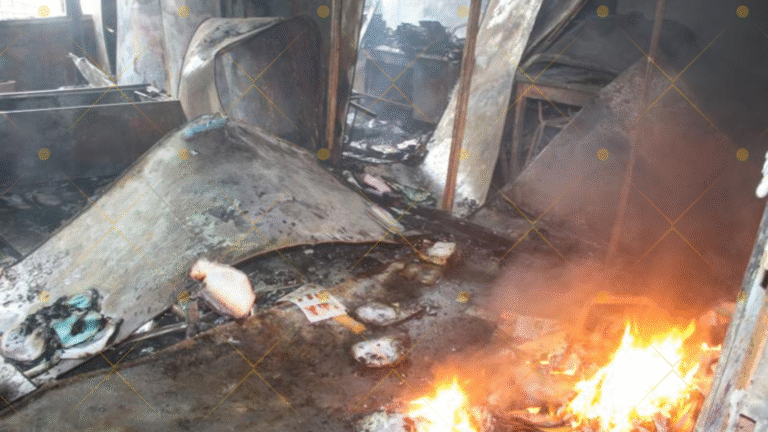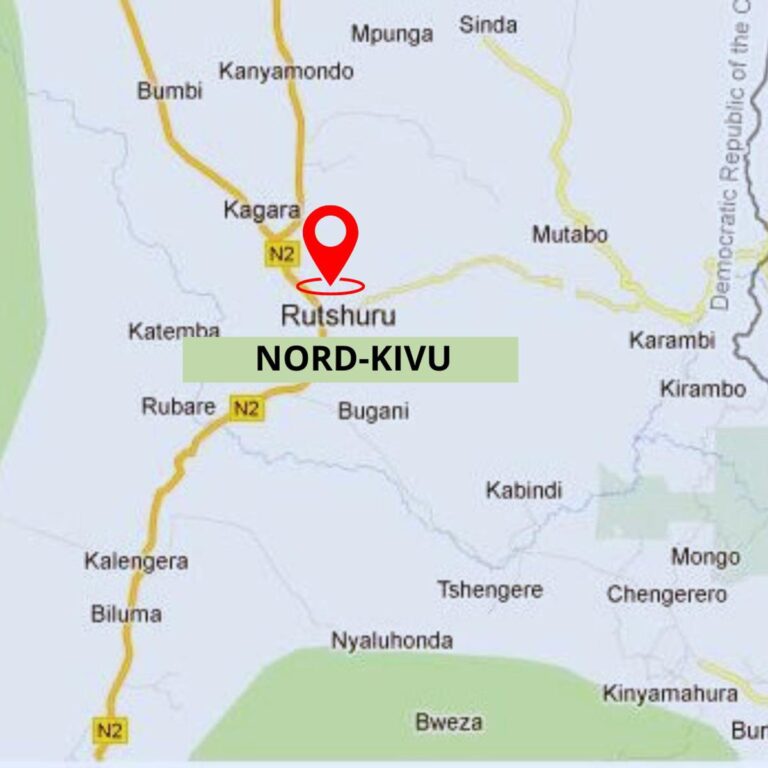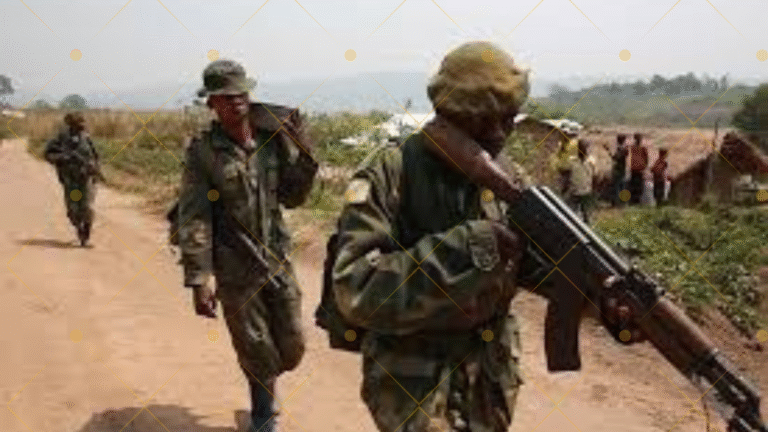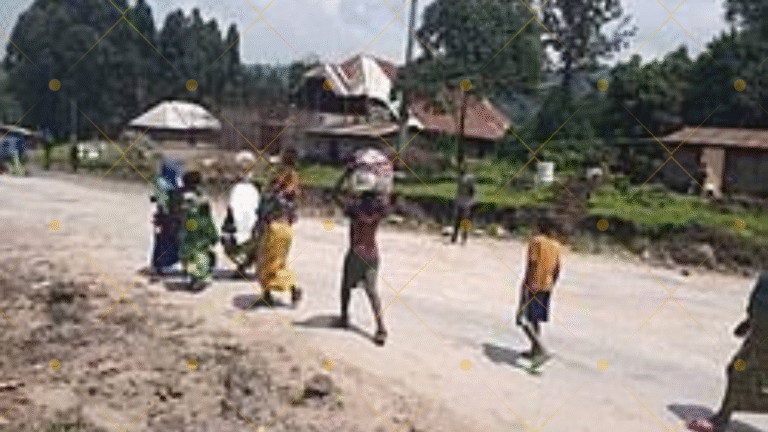
The text accessed by RFI goes further than the declaration of principles signed last April in Washington by the Congolese and Rwandan foreign ministers. In the current document, the signing of the peace agreement is first conditional on Rwanda’s unconditional withdrawal from Congolese territory. This includes weapons and equipment under Rwandan control, with the exception of cases expressly provided for within the framework of the Joint Security Coordination Mechanism.
According to our information, this point was already raised in the Congolese proposals that led to the first draft. The problem: Kigali has never acknowledged the presence of its forces in the DRC. The Rwandan government instead refers to “defensive measures” deployed for its own security.
The second condition: the lifting of the state of siege in North Kivu. In effect since 2021, as in Ituri, this state of emergency must give way to a civilian administration to allow the process to move forward. The document also mentions the ceasefire agreement between Kinshasa and the M23, still under discussion under the auspices of Doha. The logic is clear: the agreement with Rwanda can only be signed after the conclusion of the agreement between Kinshasa and the AFC/M23.
If the document is signed, the commitments will apply to the entire territory, although North and South Kivu will remain at the heart of the plan. But this is only a draft. The real work of negotiation begins this week. It could lead to a ministerial meeting before a possible signing by the presidents of the DRC and Rwanda.
The draft agreement also addresses the issue of the Democratic Forces for the Liberation of Rwanda (FDLR). The two countries will “coordinate in good faith to identify, assess, locate, and eliminate the existence of armed elements of the FDLR.” This cooperation is part of the framework and in accordance with the terms of the Concept of Operations agreed upon in Luanda in October 2024. Finally, the text stipulates that the DRC will prohibit and intercept any material or financial support, whether national or foreign, intended for the FDLR.



